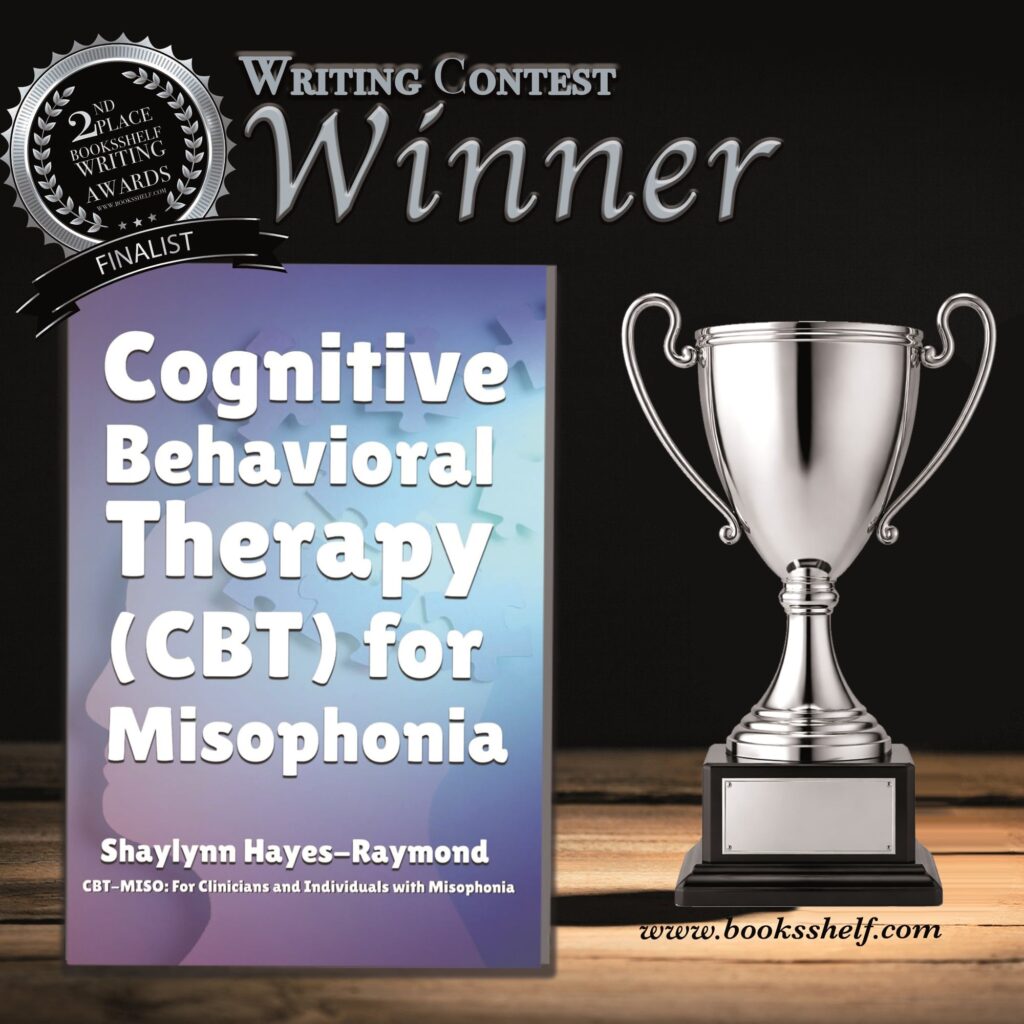
Almost every researcher on the planet would like to stand up and say that they care more about research than they do about their own ego and their own perspective of their research. I would argue that every single one of them, even the most noble, and most ethical among them, are wrong. Ego is central to the human experience. We appreciate our work because we believe in it, and when you spend years, and often decades, in a field, you are bound to have grown emotionally attached to this work. This becomes a problem when egos get in the way of new research, but more insidiously, of researchers who omit other studies and researchers because by speaking of their peers more, their peers gain recognition.
Grants and funding are central in the research world. Notoriety and publishing credits all go toward your ability to generate funds. With this in mind, a researcher may be cautious at reaching out to a fellow expert. If that expert has more papers than them than their name on this study further bolsters the image of their competition. In a perfect world there would be no competition, only good ideas, and experts working together to further the research and understanding of misophonia. And yet, we do not live in a perfect world, and probably never will.
So-what can be done about this? It’s important that researchers are aware of other studies and are not omitting citations or perspectives on their work that paints a fuller picture of disorders, and yet, we know this happens every day across all scientific disciplines. In some cases, this may not even be an implicit bias, but a more stringent view which does not allow for reflection on cross-disciplinary studies (I’m looking at you, behaviorally focused or cognitively focused groups). I’m also not attacking one particular researcher. It is a grueling field to finish a bachelor’s degree, then master’s degree, and then an additional give years of doctoral study only to have to fight tooth and nail for a scrap of funding for your studies. At this point, I am sure that only gluttons for punishment are researchers because the field is so unkind and unforgiving to its dedicated members.
I think a lot of the problem lies with how research is funded at a policy level. Who is funding the research? Are they looking at the bigger picture of researchers? Or, is funding based on some sort of popularity contest? Guidelines for funding research are spotty at best, at worst they are a popularity contest.
A commitment to scientific study must come from both the funders, and the researchers, and the community that is impacted by this research through advocacy.
This commitment is one that must be ongoing.







